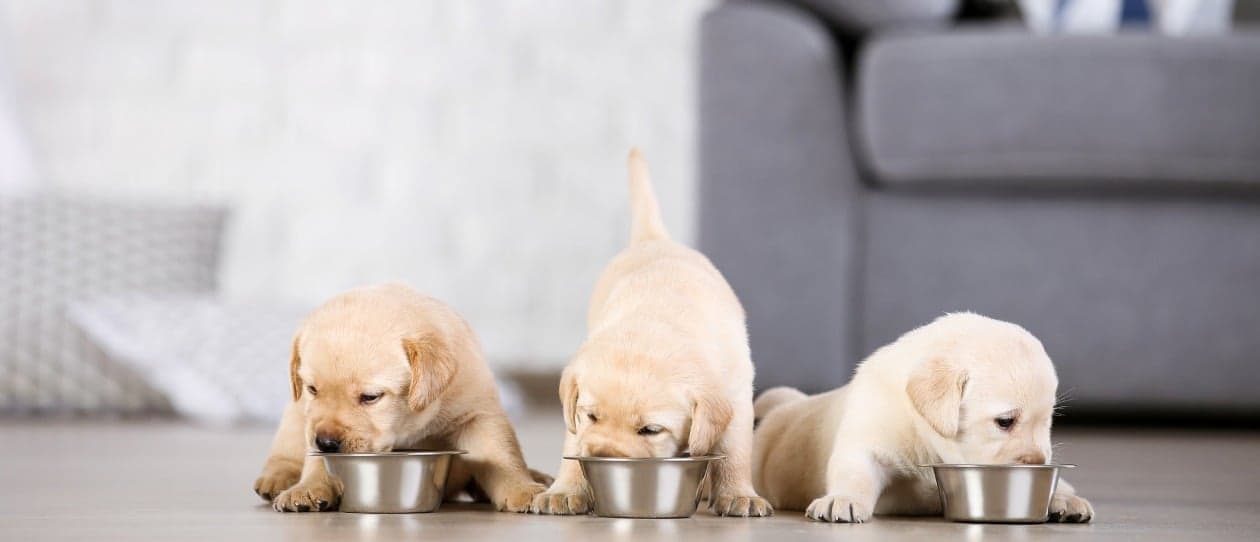
- PAW by Blackmores/
- A Guide To Perfect Your Pet's Health/
- Manage Your Dog's Digestive Health/
- When to worry about constipation in dogs


So when your pooch’s regularity becomes a little less regular, what should you do?
Just like us, dogs can go through bouts of constipation, either due to changes in their diet or just incidentally. And in 99% of cases, they naturally regain their regularity without any intervention whatsoever.
But as a pet owner the question still stands. How do you know when it’s time to see your local Vet? And what can you do to prevent it occurring again?
What causes constipation in dogs?
Constipation can be caused by a variety of things, including but not limited to:
- Diet – Not enough fibre
- Lack of exercise
- Pica (indiscriminate eating habits)
- Breed conformation
- Disease
- Orthopaedic disorders
- Dehydration
In most cases, the cause is probably multi-factorial, and you are unlikely to definitively identify a specific cause.
When to seek professional advice?This is a difficult one to answer, as it varies on a case-by-case basis. If you have a pooch that routinely becomes mildly constipated, and it often resolves over 24-48 hrs, then obviously you can leave it for a while.
However, if it is an acute bout of severe diarrhea, which is causing painful straining, then you may need to have the problem addressed immediately.
As a rule of thumb, if the constipation appears to be causing moderate amounts of discomfort, is causing changes to your dog’s demeanor, activity levels and appetite, or has been persisting for more than 48 hrs, it would be a good idea to seek veterinary advice.
With that said, if you are a pet owner that prefers to address these issue sooner rather than later, by all means go straight into your local vet clinic. If you catch it early, constipation can be easily dealt with by administering oral medication and dietary changes. However, if constipation is left too late, it can sometimes become so severe that your pooch may require an anaesthesia, enemas and even surgery. You may be surprised to know that severe constipation is actually considered a life threatening condition.
Can I do anything at home to treat mild constipation?You sure can. Assuming it’s not severe and doesn’t require veterinary care, you can supplement your pet’s food with lots of water and fibre. Ways to do this may include changing over to a high fibre, veterinary recommended WET food, and/ or supplementing your pooch’s meal with canned pumpkin, wheat bran, etc.
Additionally you can increase their exercise habits to try to encourage some movement in the back end.
What can I do to prevent my dog from becoming constipated in the future?
Try to follow these tips to avoid ongoing bouts of constipation:
- Maintain appropriate levels of fibre in the diet
- Encourage lots of activity and regular exercise
- Avoid giving too many treats
- Implement behavioural conditioning to exclude problems such as indiscriminate eating
- Always ensure your dog has a ready supply of water
Related Product:
- PAW DigestiCare 60™ A multi-strain, multi-species probiotic and wholefood powder for the maintenance of everyday digestive health of dogs, cats and other companion animals.




